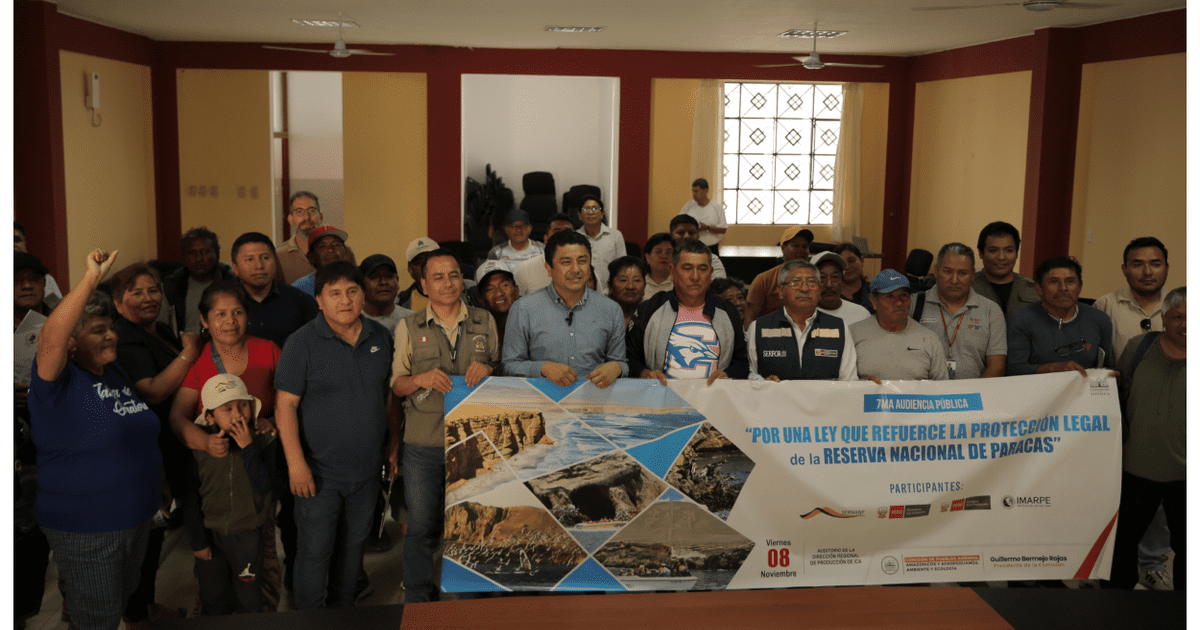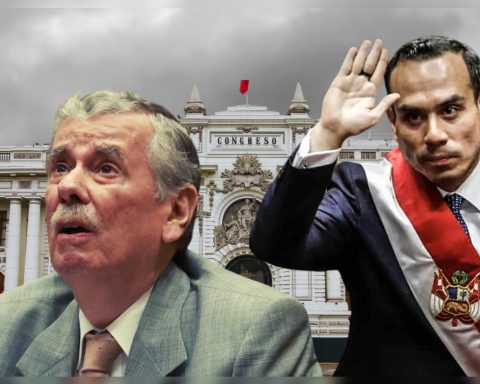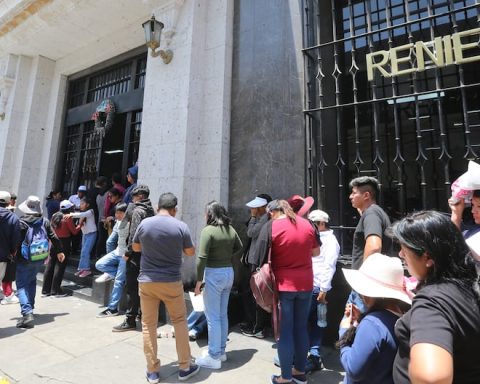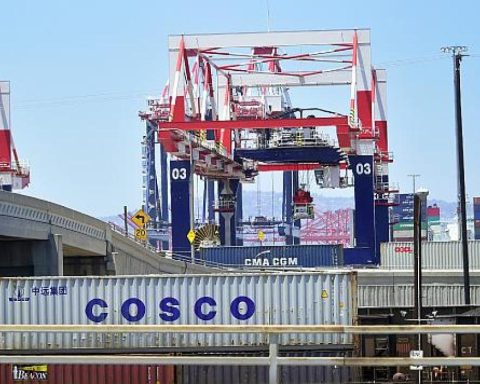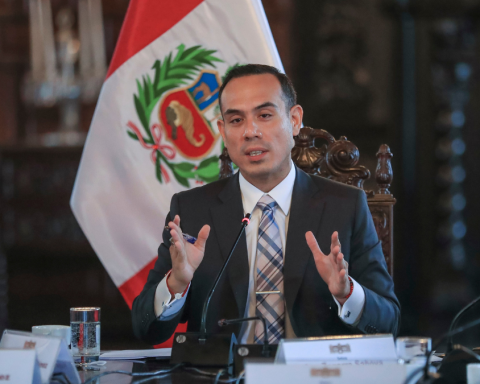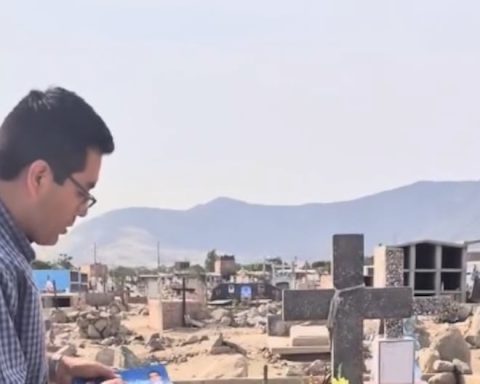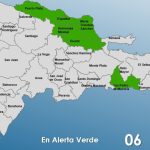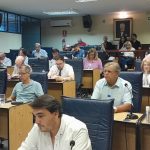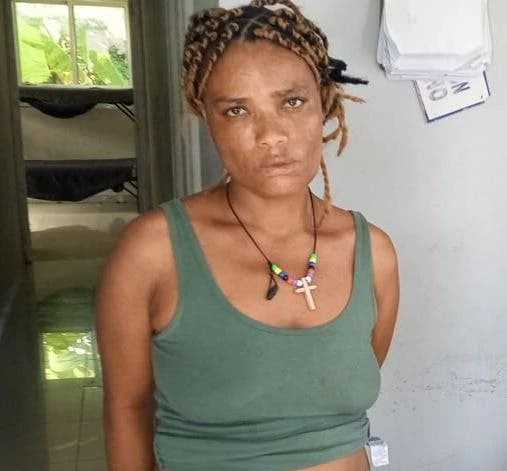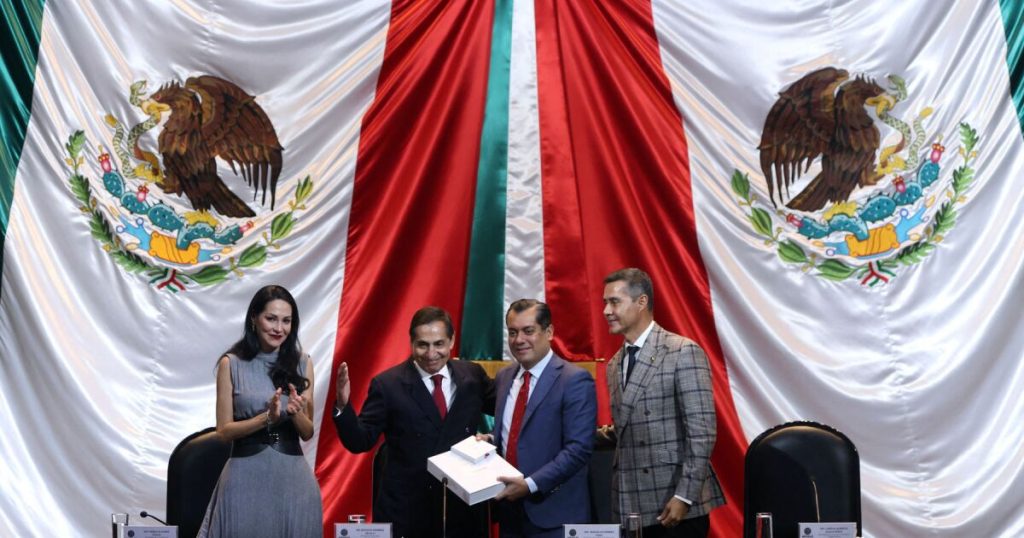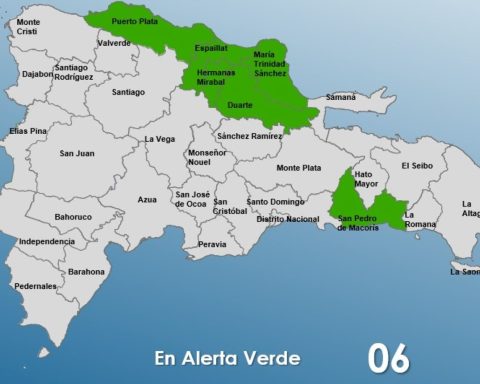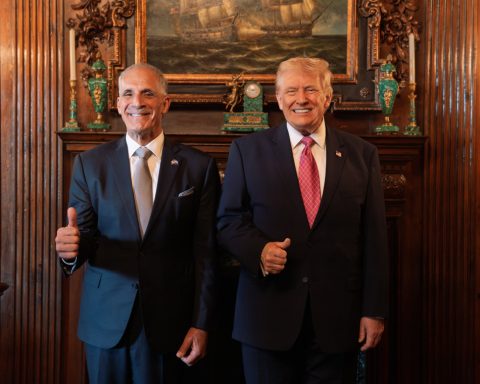Representatives of artisanal fishermen’s unions, as well as the Ministry of the Environment (Minam) and the Ministry of Production (Produce), agreed to reject the claim of the National Fisheries Society (SNP) that industrial vessels capture species in the National Reserve. from Paracas.
The SNP has initiated legal actions before the Judiciary and the National Institute for the Defense of Competition and the Protection of Intellectual Property (Indecopi), against the National Service of Natural Areas Protected by the State (Sernanp), for refusing to lift the ban on fishing operations in Paracas requested by the group of fishing businessmen.
In a public hearing held in the town of Pisco, Ica, convened by the Commission of Andean Amazonian, Afro-Peruvian Peoples, Environment and Ecology, attendees agreed that authorizing industrial fishing in the protected area, as the SNP intends, will have very serious effects. about the species that inhabit the area and also about the artisanal fishermen and their families.
“The wealth of the Paracas National Reserve allows 50% of the more than 5,000 fishermen registered in the Ica region to enter artisanal fishing tasks inside the reserve area,” explained the head of the Paracas National Reserve, Fernando Quiroz Jiménez, at the public hearing on November 8.
The official reported that the biodiversity of Paracas is similar to that of the Galapagos Islands of Ecuador, which in its 135,000 hectares is home to a population of 40,000 sea lions and 5 different species of turtles.
“The beauty of Paracas also allows us to be the second tourist destination in the country with more than half a million visitors a year. All of this energizes not only the economy of the Paracas district but also of the national territory,” he said.
Endangered. Industrial fishing would damage the ecosystem of the Paracas National Reserve.
The lawyer for the Ministry of Production, Isabel Tunqui Buiza, stated that the ban on fishing on an industrial scale is not a “bureaucratic barrier,” as the SNP points out, but rather a protection of natural areas.
“From the Ministry of Production we consider that the ban is not a dead letter and that we must adopt measures so that the rule is complied with,” said Isabel Tunqui.
The artisanal fishermen’s unions described how the entry of deep-draft vessels to engage in the extraction of marine species in Paracas would impact them.
For José Hernández Mundini, president of the Single Union of Seafarmers of Laguna Grande Cove, industrial fishing has always brought the worst environmental damage in the province of Pisco and the Bay of Paracas.
“It is incredibly abusive that the SNP just wants to work in this small sea that is being protected. It seems they don’t know what a protected area is, and we will explain. It is an area where biodiversity is being protected, and if industrial fishermen enter, they will destroy the fauna and flora. It would put an end to natural life in Paracas,” said the representative of the artisanal fishermen and mariculture farmers Project 2000, Edith Ramos.
In his speech, the president of the Single Union of Seafarmers of Laguna Grande Cove, José Hernández Mundini, reported that industrial fishing has led to environmental damage in the province of Pisco and in the Bay of Paracas.
“Since the creation of the Paracas National Reserve, attacks have been recorded against the reserve. And with the growth of industrial activity in the buffer zone, attempts to interfere in the protection zone have also increased,” said José Hernández.
“That industry is the number one enemy of our sector, which has never had a conservation or social responsibility policy,” said José Hernández.
However, in several statements, the SNP maintained that it is their right to fish in Paracas and that there are alleged studies that would demonstrate that species extraction activities can coincide with the protection of the area. Sernanp questions this version.
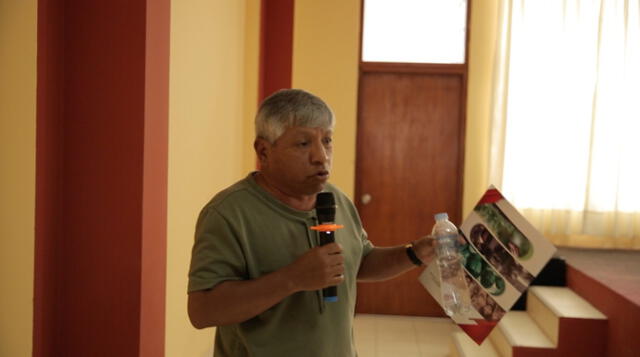
Leader of the Seafarmers’ Union, José Hernández.
Among the conclusions recorded by the Congressional commission in the public hearing include the following: “There is evident irrational pressure from the National Fisheries Society that intends to achieve the extraction of fish such as anchovy within the Paracas National Reserve, which would affect the subsistence of other species. Industrial fishing not only threatens the biodiversity of Paracas but also the economy of thousands of families.” It is said.
PROHIBITION MUST HAVE THE RANK OF LAW
“We are going to convey the feelings of the organizations and fishermen to the corresponding entities, to defend the natural reserves that should not be touched by industrial fishing,” said the president of the Commission of Andean, Amazonian, Afro-Peruvian, Environment Peoples. and Ecology, Guillermo Bermejo.
“We will take the necessary actions to ensure that the prohibition of industrial fishing in protected areas is elevated to the level of law,” he said.
